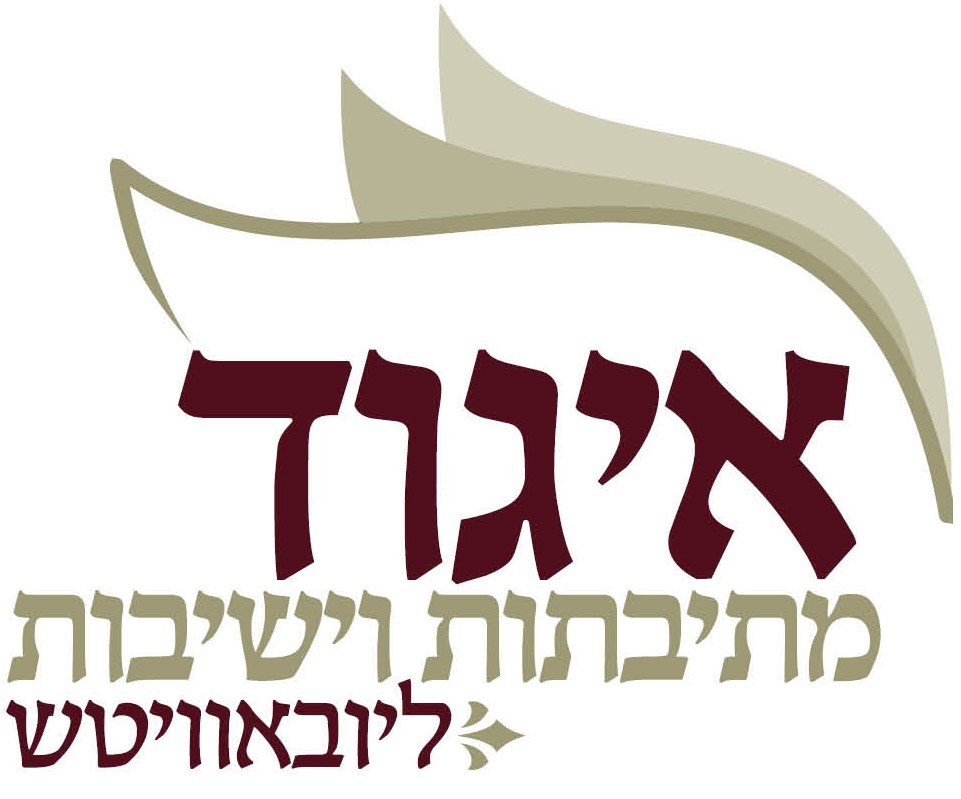Selichos.
Some years one comes prepared, other times is just jumps on us regardless of how much we have been preparing.
After the חטא העגל Moshe Rabbeinu had to go back on הר סיני for forty days to secure forgiveness for the Yidden.
It worked… But that method of achieving forgiveness was unsustainable in the long run, because was it really realistic to expect Moishe Rabbeinu to have to intercede each time we go astray?
So as Moshe was about to go back down, the Eibishter taught him a trick: “Wrap yourself in a Talis and
Do as I do, in this way you will attain automatic forgiveness”.
And what does the Eibishter do?
Yud Gimel Midos of Rachamim.
Interestingly, Do as I do, means Say as I do.
[According to most opinions, it means to say the Yud Gimel Midos].
Our words are like the Eibishers actions…
***
Yiddish is a relatively recently made up language, really a dialect of a different language, but the nuance gives us a glimpse into how we Yidden approached a matter is years past.
For example in Yiddish there is a difference between ‘Studying’ [שטודירען] which refers to academia, and Learning [לערנען].
We זיץ זיך לערנען – we sit down to learn, implying the longer-term focus sitting rather than a brief interaction, and we שטעל זיך דאווענען, we stop to focus on our Davening.
And… מען גייט צו סליחות – we go to Selichos.
You see the difference between ‘Shtel Zich Davenen’ and ‘Gein Tzu Slichos’?
Teshuva is a mindset. A desire.
Whilst we may have stronger desires than others, a desire is a desire is a desire. Regardless of how much we want it.
It is like the question: If it took 30 people 30 days to dig a hole, how long would it take 15 people to dig half a hole? The answer? You can’t dig half a hole… the moment you break ground you have a hole..
You cannot have half a desire. The moment you want something, you want it.
That is why we don’t ‘Shtel Zich’ to Slichos. No.
We go to Slichos.
It is the going, the mindset that somewhere within me I want to do what the Eibishter wants, that is key.
At the same time, wistful thinking is not enough, for desire to achieve anything in this world, it needs to be shown by action.
This is where we see the paradox. On the one hand, to make something real we need to do something, on the other hand, we should not allow ourselves to be overwhelmed into thinking we need to move mountains.
***
Teshuva is a Mitzva which is quantified by not repeating our mistake the next time the opportunity arises.
But there is a step before that. It is that step that changes Teshuva from repentance, to a search for a deeper relationship with Hahsem.
The first step of Teshuva is the desire to change. The desire to live as we really want to deep down.
And that quest is never ending.
So, whilst we can ‘Shtel Zich’ to Daven, Selichos is about the mare walking towards. The smallest action is already actual evidence of desire.
For just as there is no limit to the depth of our connection, there is no limit to how shallow a feeling can even be real.
Teshuva is never ending, but even the smallest of actions, even saying the traits is Teshuva enough for forgiveness.
The rest is the depth of our connection.
And is waking up early in the morning to say Yud Gimmel Middos not evidence enough that we want to do what the Eibishter wants of us?
***
As we prepare for Rosh Hashana, and we make a plan of what to change for next year, sometimes it is important to
Make a Cheshbon Hanefesh on the good things too, and recognise our achievements of the year we are about to conclude.
Can you do that?
